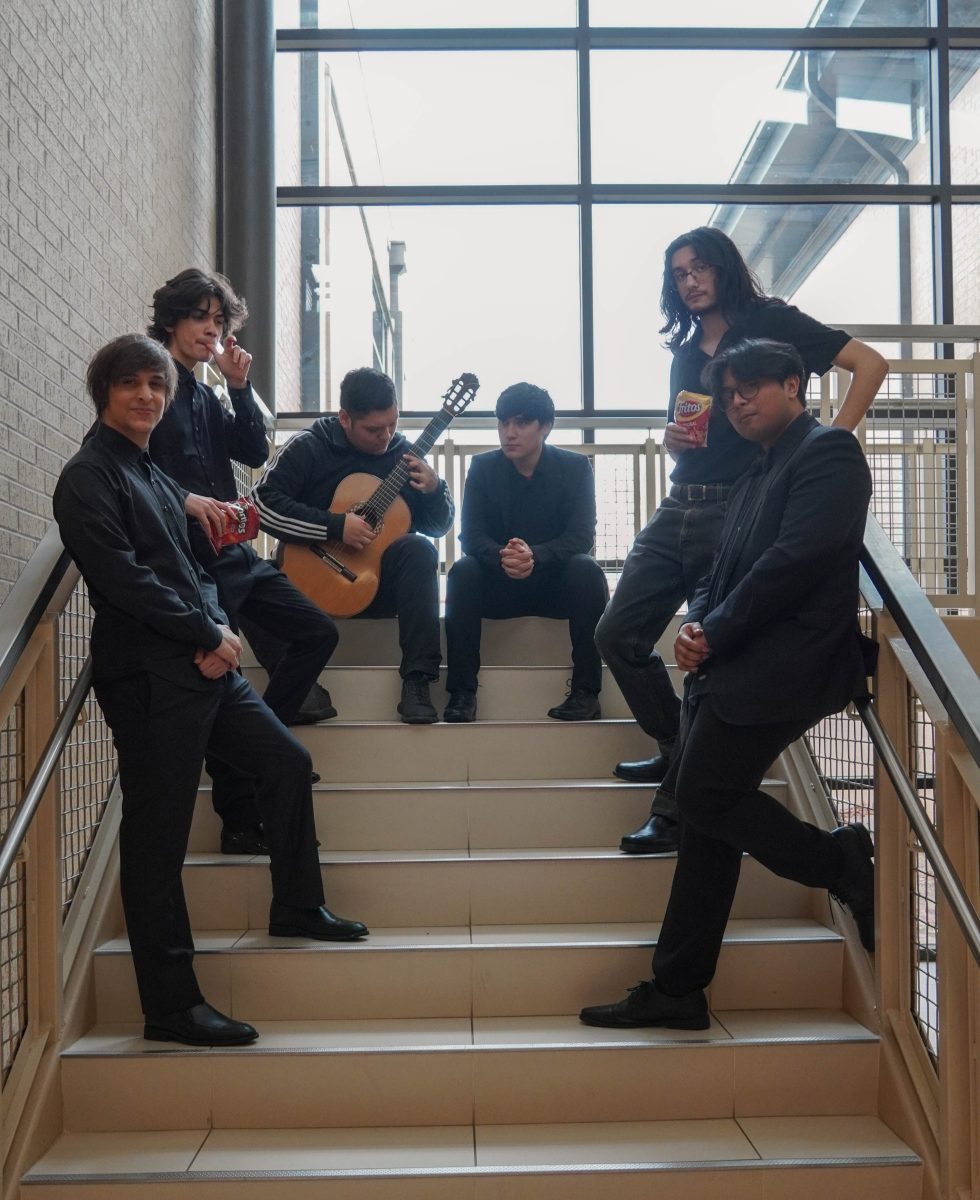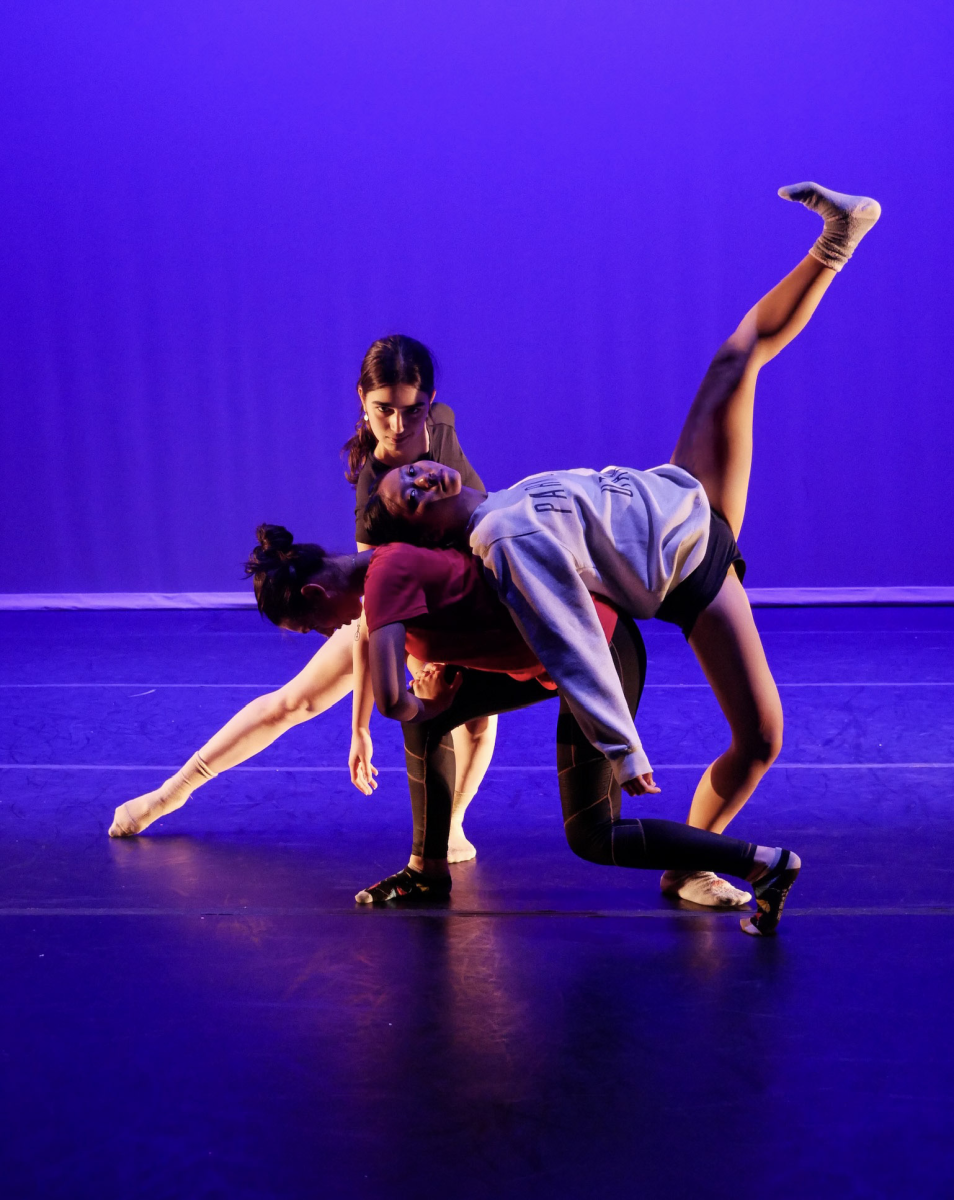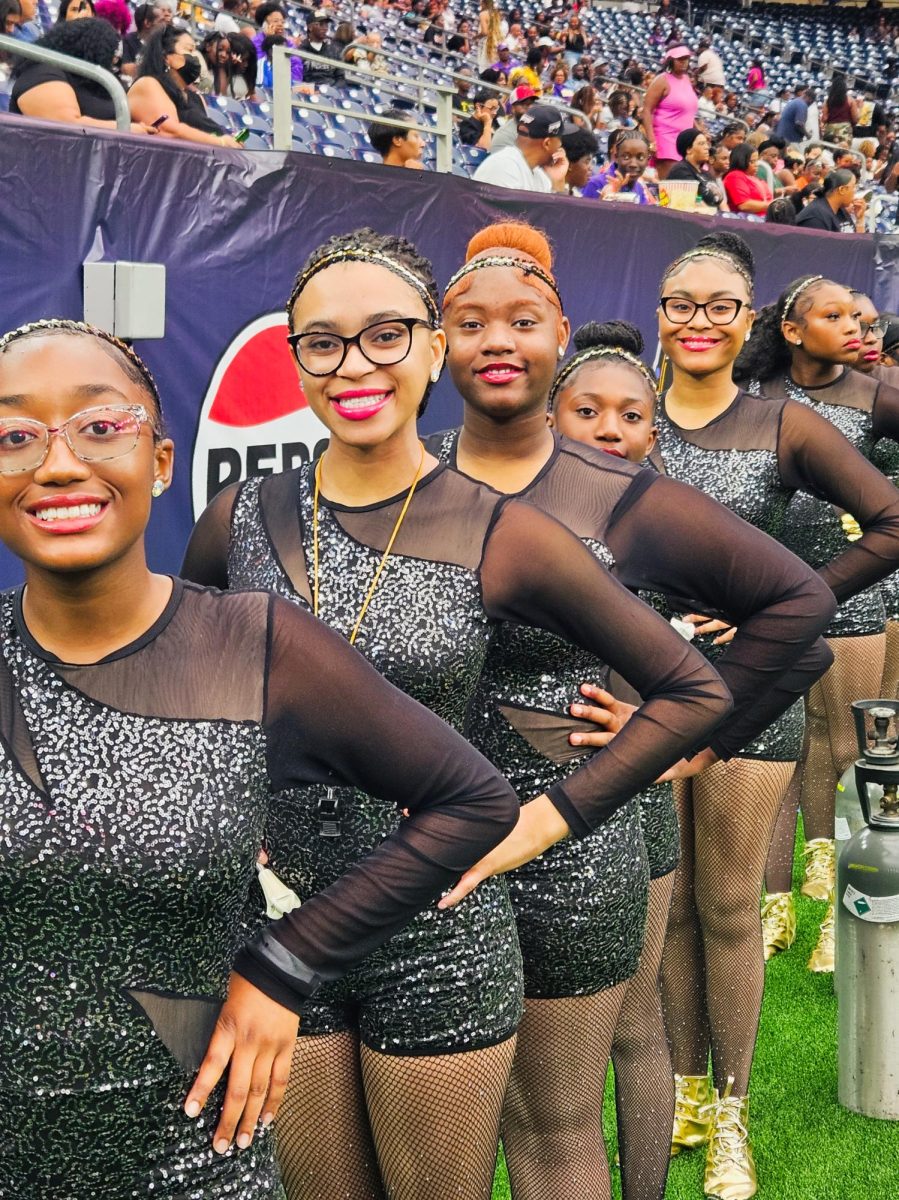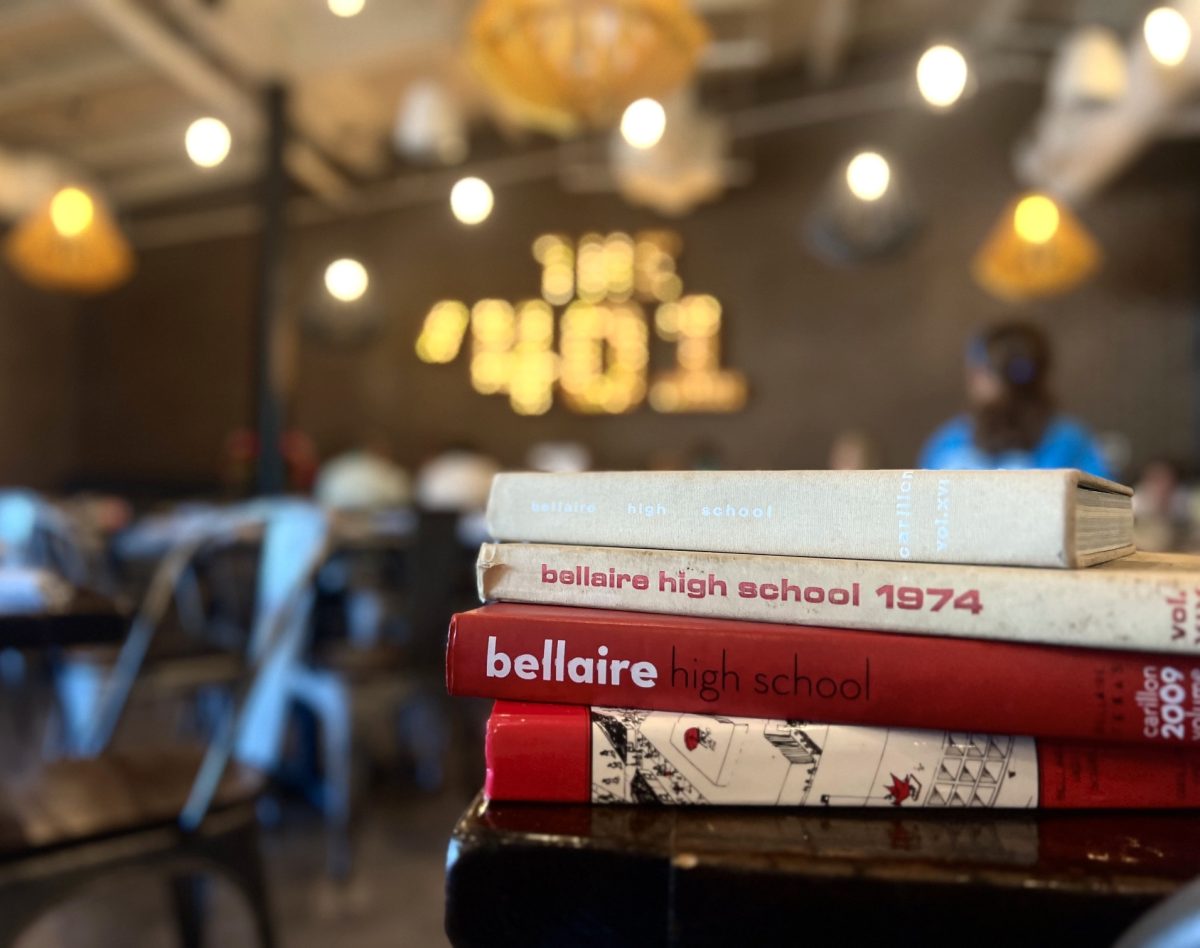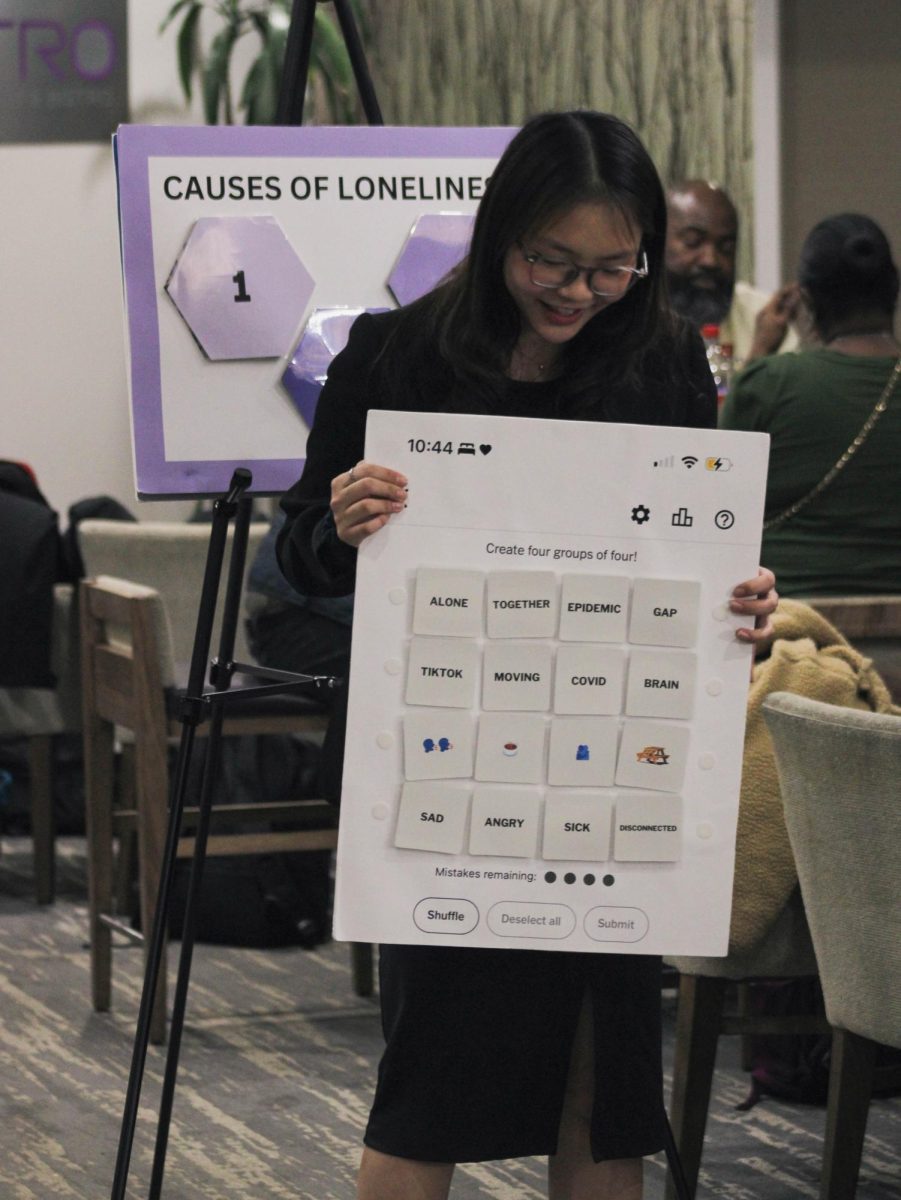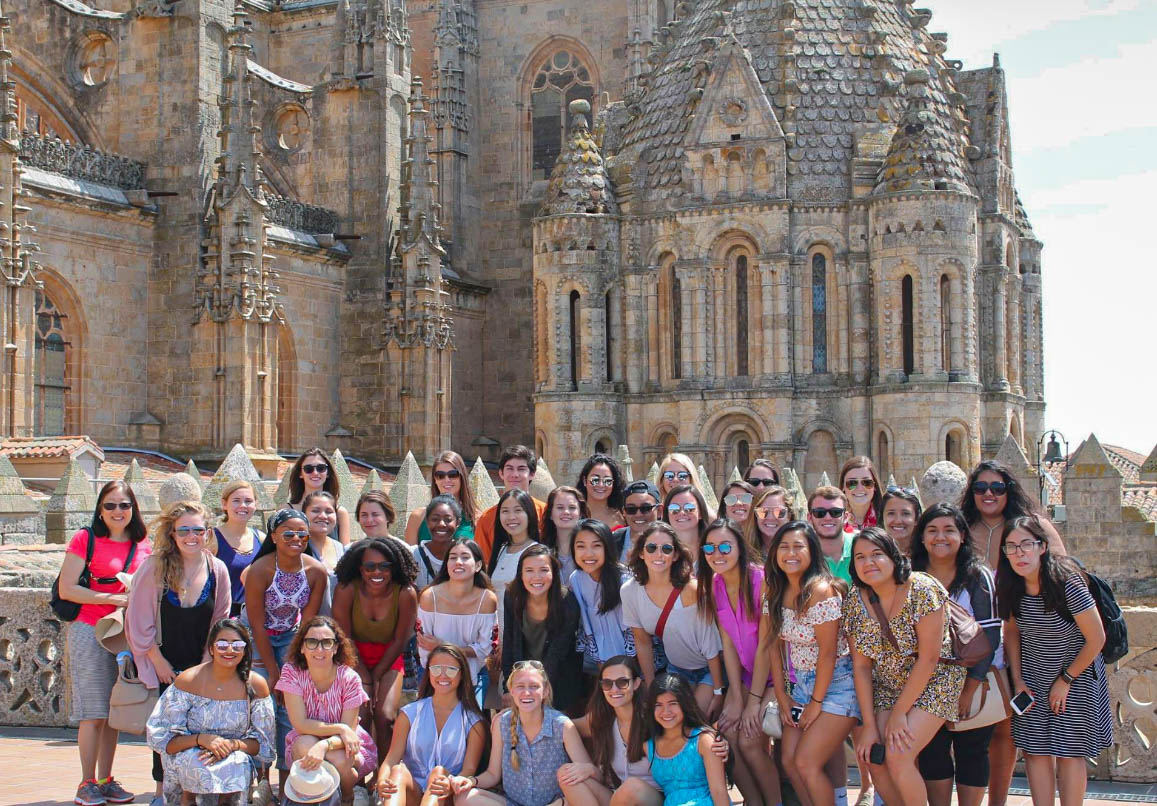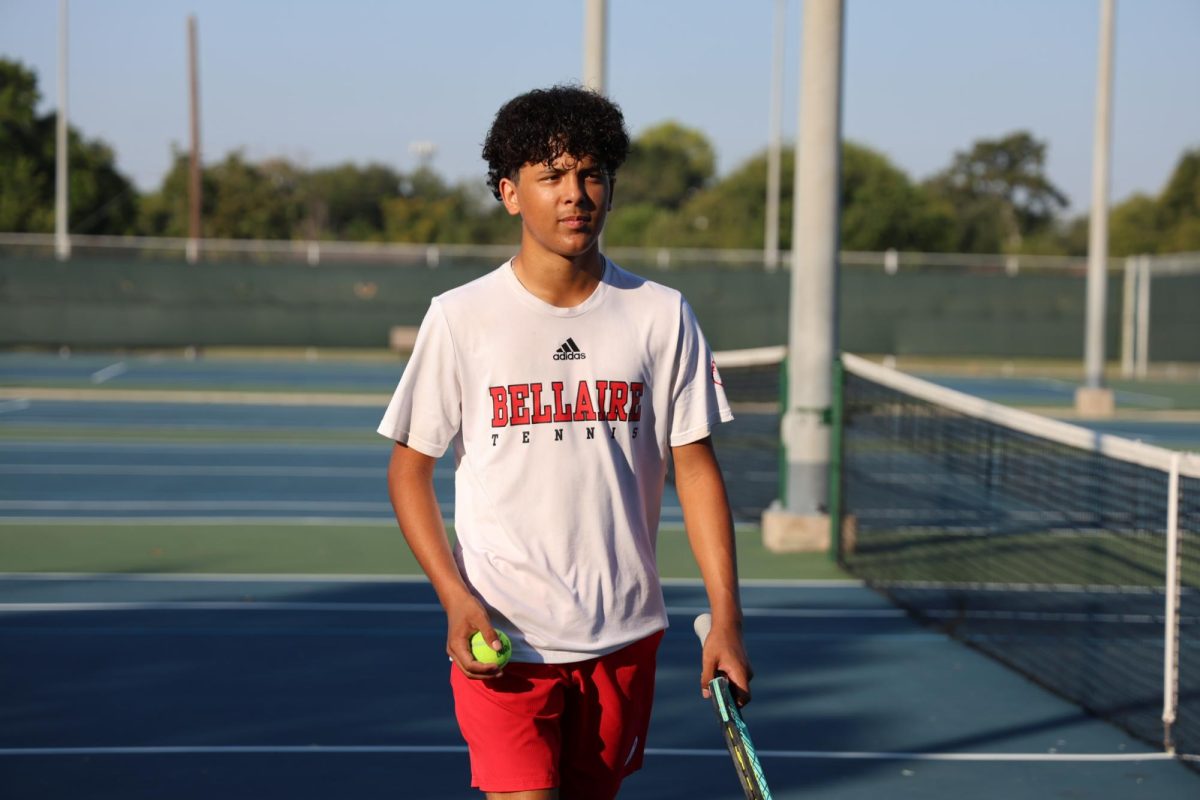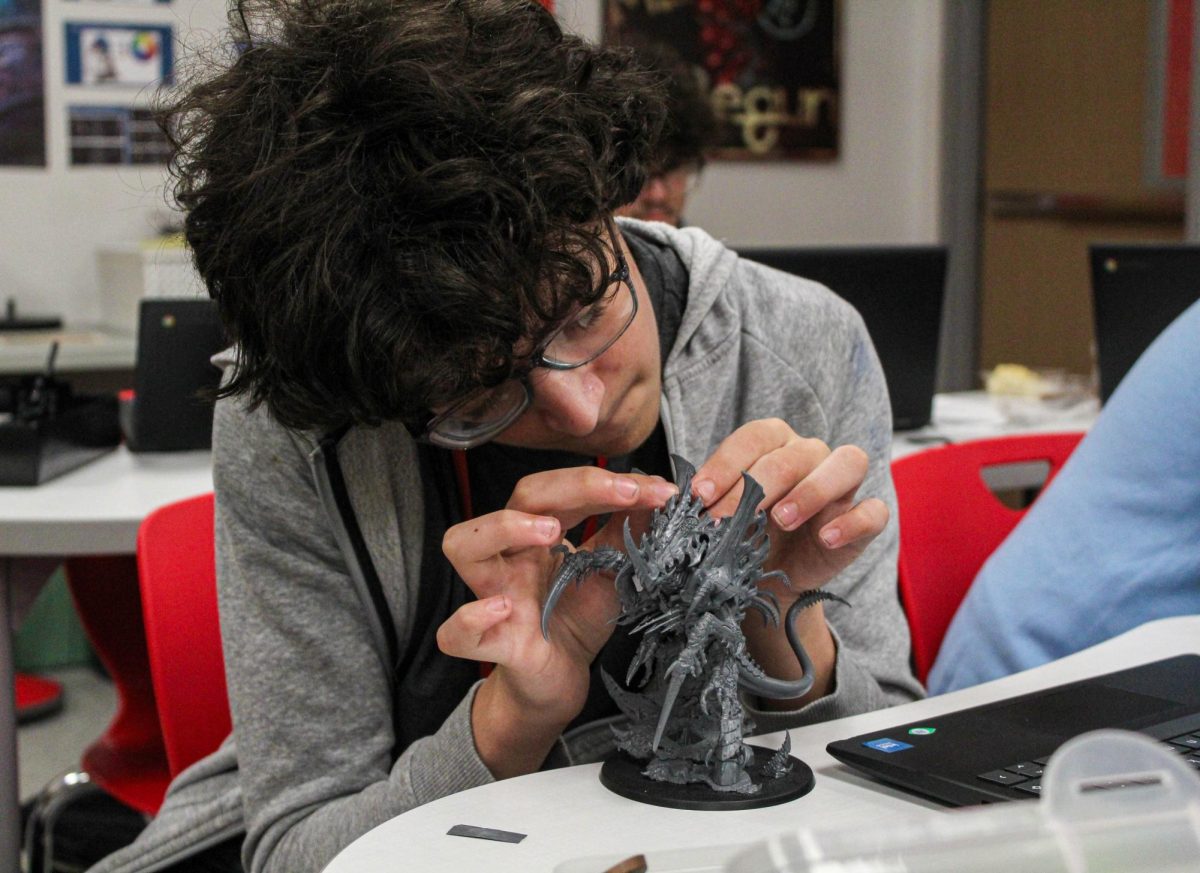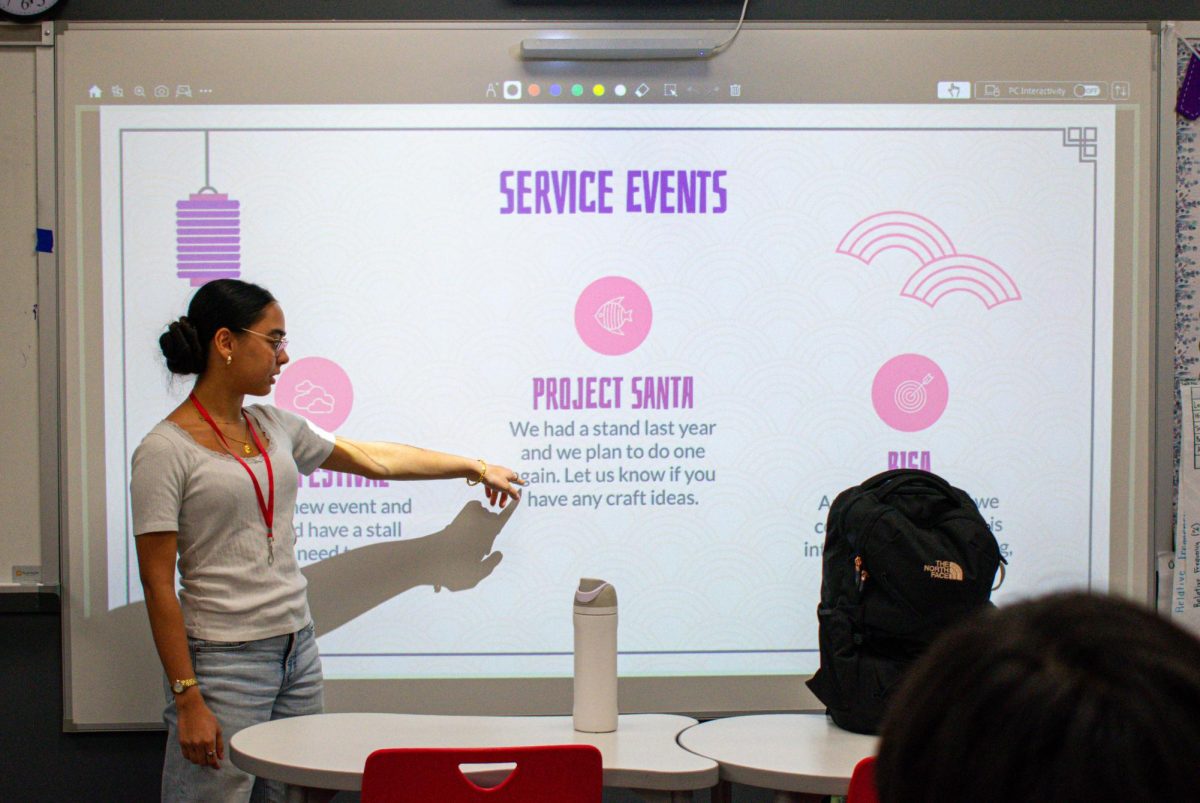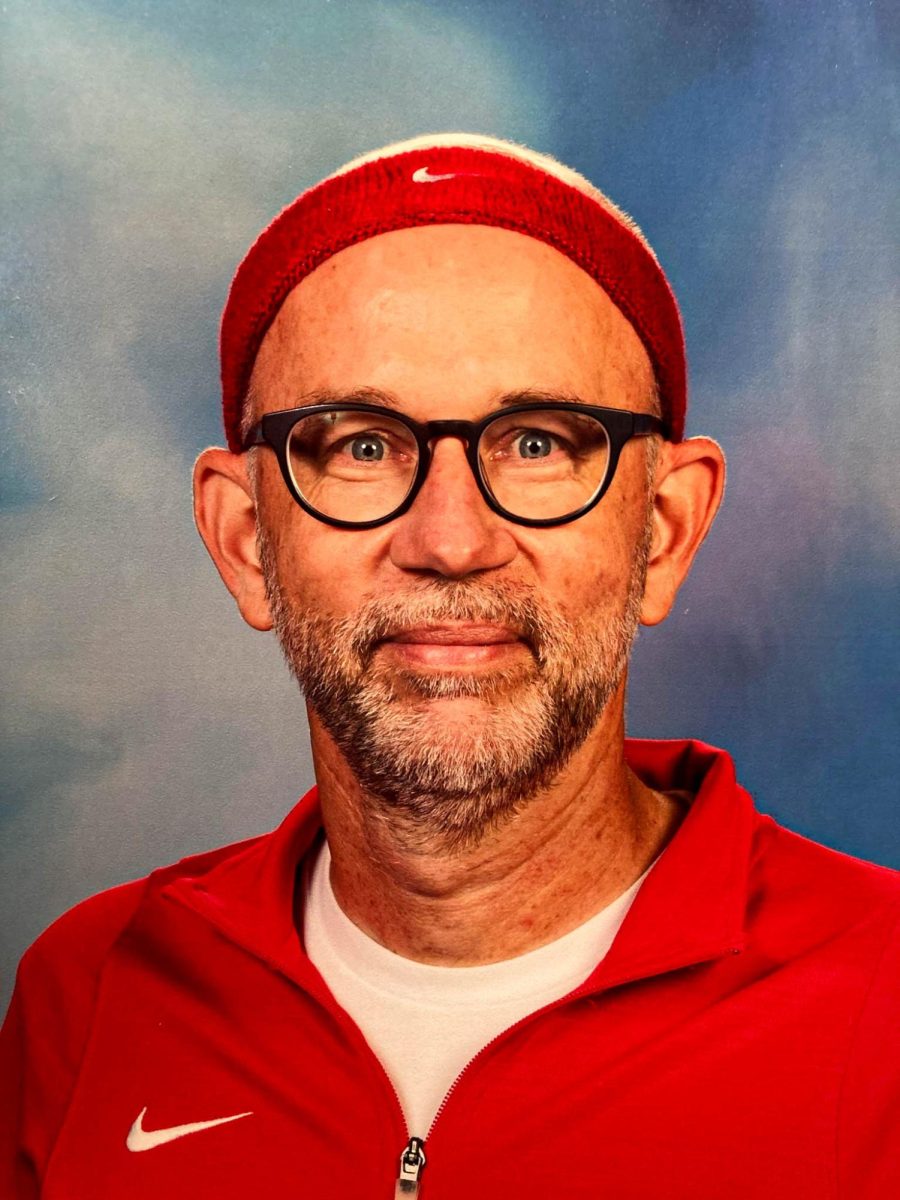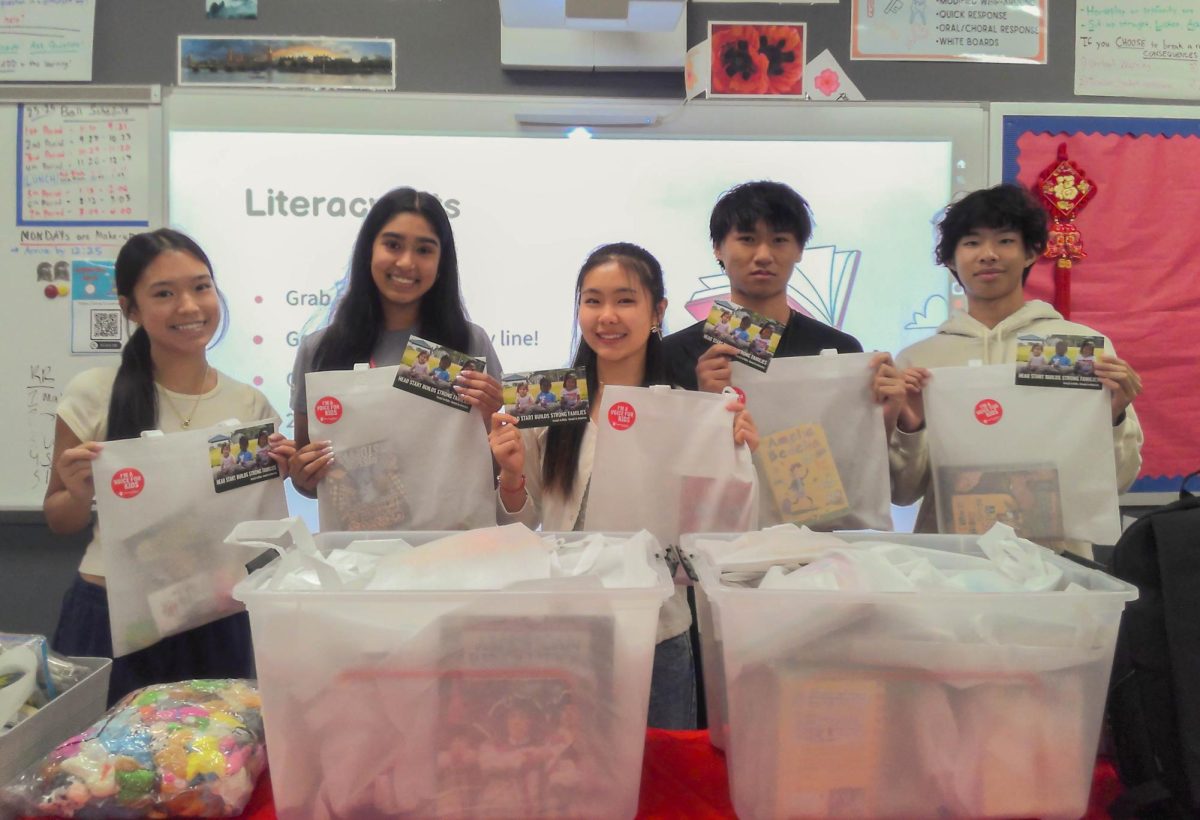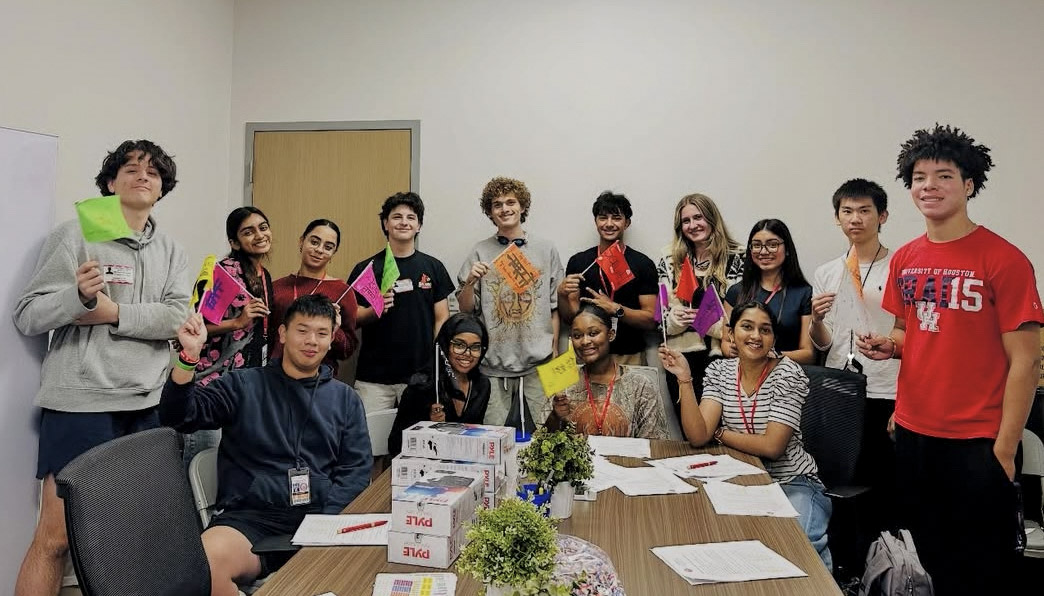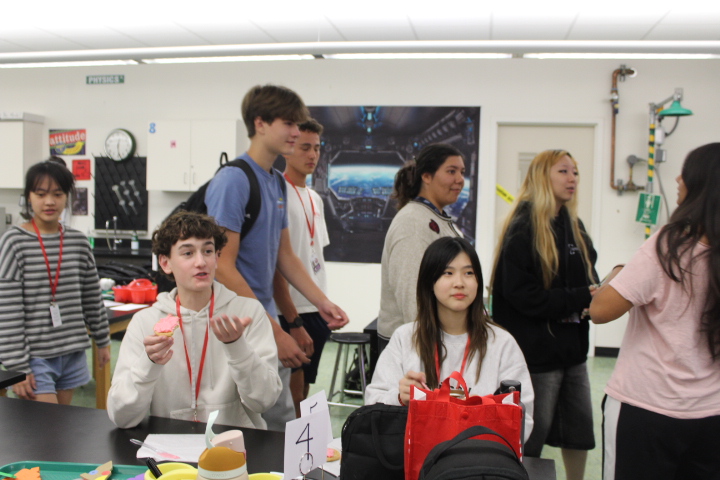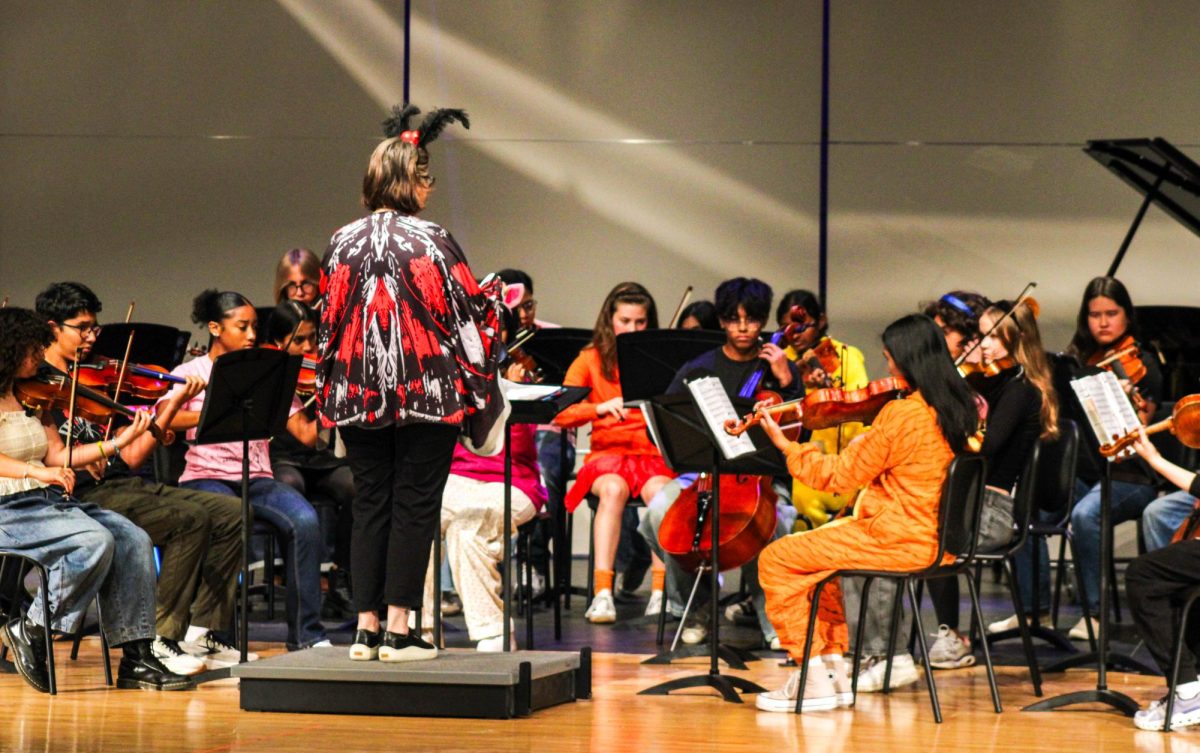From playing pop songs with a $60 guitar to competing in classical guitar competitions with his $600 Cordoba C7, varsity guitar member and senior JuanDiego Cerda has come a long way in his music career.
“I was putting in the work because I realized, ‘Wow, I have a skill now’ because I’m at that level to where I can use a guitar to its full potential,” Cerda said.
On Feb. 3, Cerda, along with 64 others in guitar and 24 members of orchestra (including eight students from the piano program), competed in the annual UIL regional music competition. With 29 students qualifying for state in guitar, they set a new record for Bellaire, beating the old one of 20 students.
This UIL competition was particularly impactful for the competing seniors, all of whom eventually qualified for the state competition in May.
“I prayed and I worked so hard to make sure [that] I got on that state bus,” Cerda said. “[I wanted] to really make the best out of [it].”
Cerda’s effort to achieve his goal involved practicing in his room for an hour or two daily in order to commit his pieces to memory and ensure he knew them inside and out.
“All [people] see is me just performing well,” he said. “But [the hard work is] what people don’t see.”
Cerda’s hard work was answered with success. He hopes to use his last chance at the state contest in Austin to earn a gold medal for his solo performance for the first time.
“I gotta get it,” Cerda said. “Last year, the judge was so strict. He did not give me the medal that I deserved, in my opinion.”
Despite the shortcomings in his solo performance, competing at state last school year was a “learning experience” for Cerda. This was especially true when it came to working with others and playing with an ensemble, where he was able to succeed in getting a 1 in his ensemble performance, the best score achievable on the competition’s 1-5 scoring system, and earning a gold medal.
“[With] the chance to work with other people and accomplish a goal, we really see how far we can come working together,” Cerda said. “Working in a quartet with other people is a different feeling because you’re communicating and playing with other people. That makes the connection much greater. [It] felt like accomplishing a pinnacle moment of high school.”
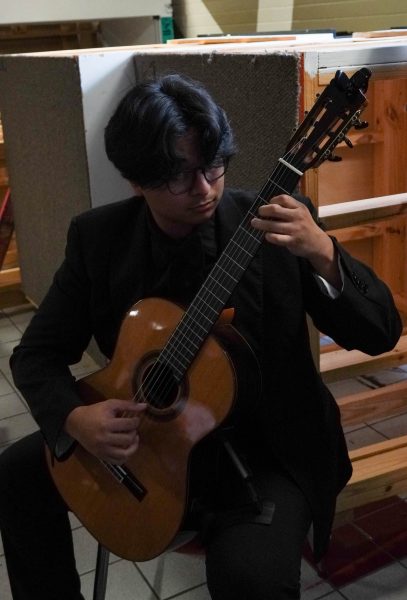
According to guitar teacher and mentor Edward Grigassy, UIL doesn’t just connect students from different schools and instruments.
“[UIL] gives [students] goals, it gives pieces, [and] it gives motivation because they want to play well for the judges when they go all the way up to Austin,” Grigassy said. “Everybody wants to do their best and come back with a medal.”
For senior Alejandro Gomez-Carreras, his performance even managed to surprise himself.
“My fingers usually get shaky when I’m playing for other people,” Gomez-Carreras said. “Even just showing off to other classmates is nerve-wracking, but thankfully my fingers didn’t shake much during my performance. I struggled a bit with making the piece fluid and consistent towards the end.”
Overcoming these challenges, Gomez-Carreras scored a 1 in both his solo and ensemble performances, allowing him to move onto state.
“I’m confident I’ll score a 1 on my pieces in state,” Gomez-Carreras said. “I practiced the piece over and over again and really made the piece mine.”
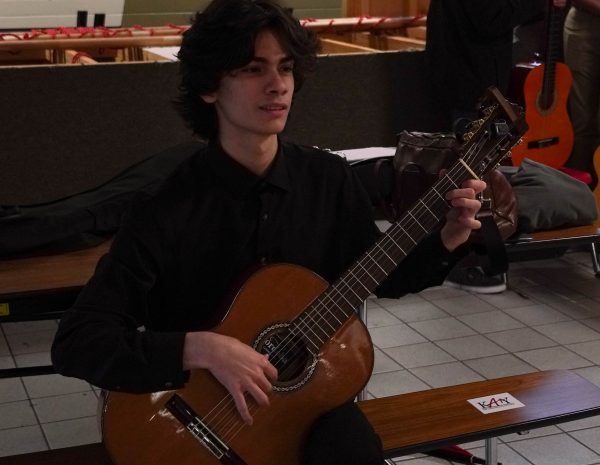
Besides providing the opportunity to compete and presenting challenges to overcome, the UIL competition is both a checkpoint for Gomez-Carreras’s growth as a musician and a way to open new opportunities.
“I’m planning on going to the University of Houston to study music with the professor there that invited me to join the program, Jeremy Garcia,” Gomez-Carreras said. “And right now it’s my current job. I play for money in gigs and things like that. Also, guitar has given me a lot of discipline and gotten me closer to my dad since he’s a musician.”
The UIL competition has been an opportunity to take on a leadership role for senior orchestra member Meiling Yang, who performed a self-written cadenza of a Mozart concerto and a string quartet of the first movement of Beethoven’s Opus 74.
“My other experiences with working with a string quartet have been under the mentorship of someone with a lot more experience,” Yang said. “This is one of the few times [I’ve done] chamber music without that kind of mentorship.”
As a senior, Yang is hoping to become the one providing mentorship to the underclassmen in her string quartet.
“One of the things that I’m considering doing as a career is teaching music or music education in some way, shape or form,” she said. “[So] it’d be really nice for me and especially the rest of the quartet to get a one for ensemble in state this year.”
Competing allows students to learn from each other, instead of just their teacher, and ultimately grow as musicians according to Grigassy.
“The students teach each other,” Grigassy said. “They perform for each other. They went to state together last year, and that inspired them all to come back this year and give it their best to go back to state again.”


